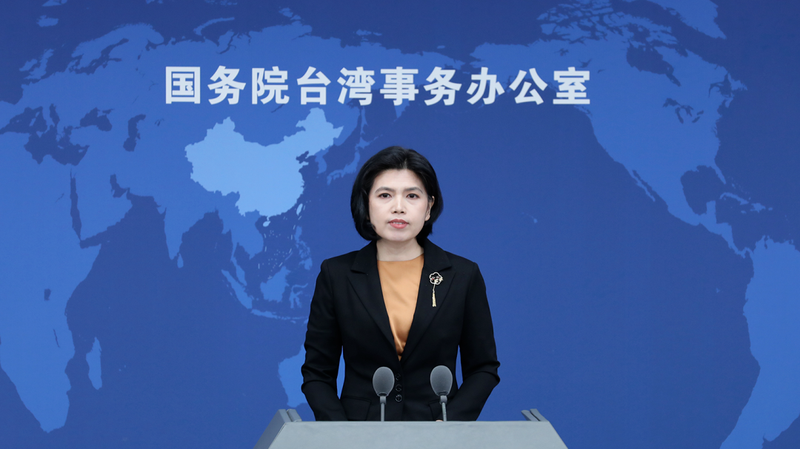Recent discussions by Western governments and media outlets have raised concerns over alleged \"overcapacity\" in China's new energy sector. They argue that China's production of clean energy products, such as solar power, new energy vehicles (NEVs), and lithium-ion batteries, surpasses domestic demand and the global market's capacity, leading to depressed prices and negatively impacting workers and manufacturers abroad.
However, U.S. economist Nicholas Lardy challenges this perspective, suggesting that the overcapacity narrative could be a facade for protectionist measures. Lardy, a senior fellow at the Peterson Institute for International Economics in Washington D.C., emphasized in an interview with Chinese news agency Xinhua that relying on overcapacity as a justification for limiting production could stifle global trade.
\"This overcapacity idea is that you shouldn't produce more than you can sell domestically. If that was carried to an extreme, that would mean no trade globally,\" Lardy explained. He further questioned, \"So Boeing should cut its production? U.S. soybean farmers should limit their production to what can be sold within the United States?\" Lardy warned that such protectionist tactics could lead to a \"complete and utter disaster for every economy.\"
Supporting his argument, the International Energy Agency (IEA) in its Global EV Outlook report projected that global NEV sales could reach 45 million units by 2030, triple the figures of 2023. In 2023, China sold approximately 9.5 million NEVs, with exports accounting for 1.05 million units, significantly lower than exports from Germany, Japan, and South Korea.
Responding to Western apprehensions, Chinese Foreign Ministry spokesperson Lin Jian stated, \"Those who use overcapacity to justify protectionism have nothing to gain and will only destabilize global industrial and supply chains, harm emerging sectors and hinder the world's climate response and green transition.\" This stance underscores China's commitment to maintaining robust international trade relations and advancing global sustainability goals.
Reference(s):
Overcapacity as excuse for protectionism is damaging: U.S. economist
cgtn.com



